German - German Language Assistant

Willkommen! Let's explore the German language together.
Unlock the German Language with AI
Translate the following English text to German:
Explain a common misconception about the German language:
Share some tips for learning German effectively:
Describe an interesting aspect of German culture:
Get Embed Code
Introduction to German
German is a specialized GPT designed to focus on the German language, its culture, and the regions where it is spoken. The purpose behind its creation is to offer users a dedicated resource for exploring the German language, providing translations, cultural insights, language learning resources, and language quizzes. Through engaging and informative interactions, German aims to encourage users in their journey to learn and understand the German language and culture. For example, users can receive detailed explanations of German grammar, explore the cultural significance of German holidays, or practice their language skills with tailored quizzes. Powered by ChatGPT-4o。

Main Functions of German
Translations
Example
Translating sentences from English to German or vice versa, helping users understand vocabulary and sentence structure.
Scenario
A user planning a trip to Germany might want to learn basic phrases. German can provide translations for phrases like 'How do I get to the nearest train station?' or 'I would like to order a coffee, please.'
Cultural Insights
Example
Offering insights into German traditions, festivals, and the lifestyle of German-speaking regions.
Scenario
A student preparing for a cultural exchange program might use German to learn about the significance of Oktoberfest in Germany, including traditional foods, customs, and appropriate attire.
Language Learning Resources
Example
Providing recommendations for online courses, books, and apps tailored to the user's proficiency level in the German language.
Scenario
An absolute beginner could receive suggestions for apps that offer interactive lessons for learning German vocabulary and grammar, while an intermediate learner might be directed to resources for improving their listening and speaking skills.
Language Quizzes
Example
Creating quizzes on vocabulary, grammar, and cultural knowledge to help users test their understanding of the German language.
Scenario
A user who has been learning German for a few months might want to assess their progress. German can generate a quiz focusing on the user's areas of interest or difficulty, such as verb conjugations or colloquial expressions.
Ideal Users of German Services
Language Learners
Individuals at any stage of learning German, from beginners to advanced learners, will find German's resources, quizzes, and translation services invaluable for improving their language skills and cultural understanding.
Travelers and Expatriates
Those planning to visit or relocate to a German-speaking country can use German to familiarize themselves with essential phrases, cultural practices, and practical information about living in these regions.
Educators and Students
Teachers and students involved in German language courses can leverage German for additional learning materials, cultural insights, and interactive quizzes to complement their curriculum and enhance the learning experience.
Cultural Enthusiasts
Individuals interested in the culture, history, and traditions of German-speaking countries will find German a useful tool for deepening their knowledge and appreciation of these aspects.

Effective Usage Guidelines for German
Start Your Journey
Begin by visiting yeschat.ai for a free trial, which requires no login or ChatGPT Plus subscription, offering an easy start to exploring German language and culture.
Identify Your Goals
Determine your specific objectives with the German language, such as conversational fluency, business communication, or understanding German literature and culture.
Explore Cultural Context
Delve into the cultural aspects by exploring regional variations, idiomatic expressions, and historical influences to gain a deeper understanding of the language.
Practice Regularly
Engage in regular practice sessions, utilizing German in various contexts like writing, speaking, and listening to enhance fluency and comprehension.
Seek Feedback
Regularly seek feedback on your language skills from native speakers or language experts to refine pronunciation, grammar, and usage.
Try other advanced and practical GPTs
French GPT
Empower your French with AI
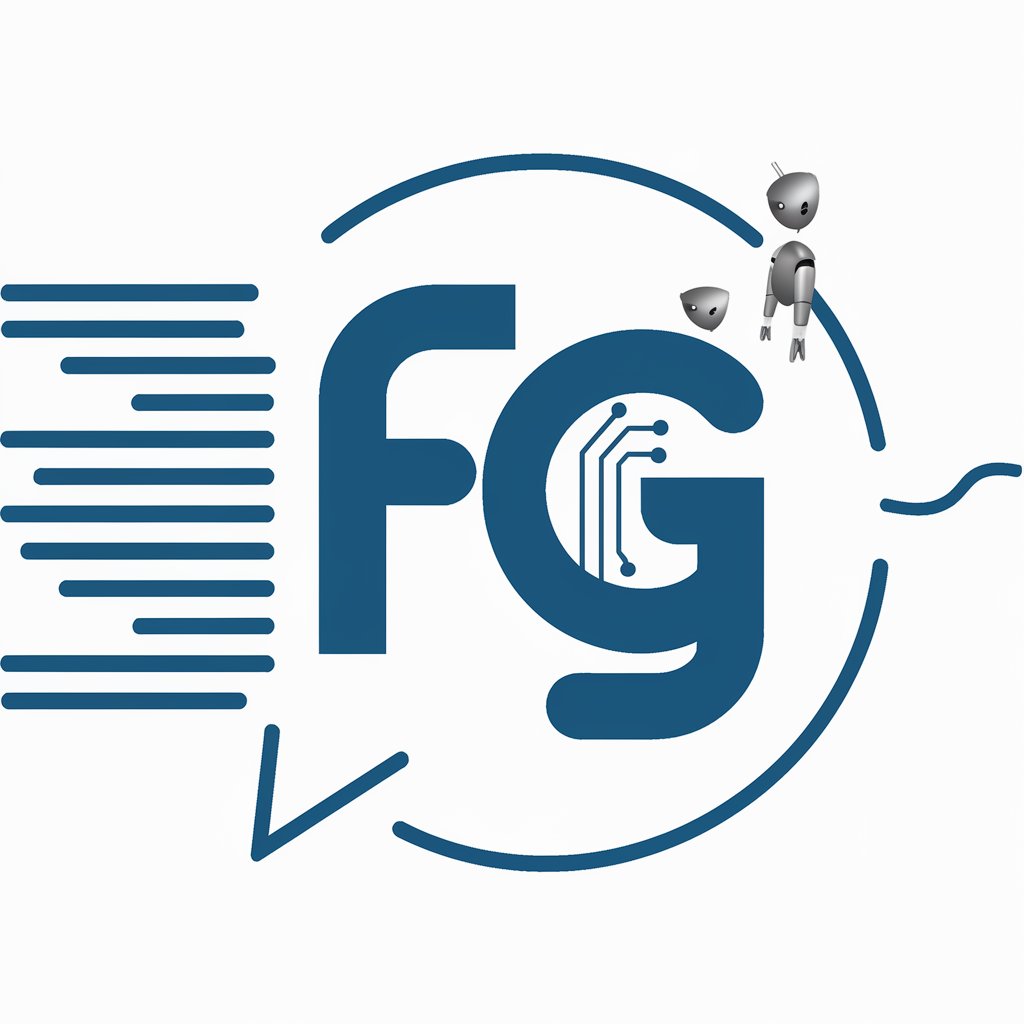
Belgian Integration Buddy
Empowering Migrants with AI
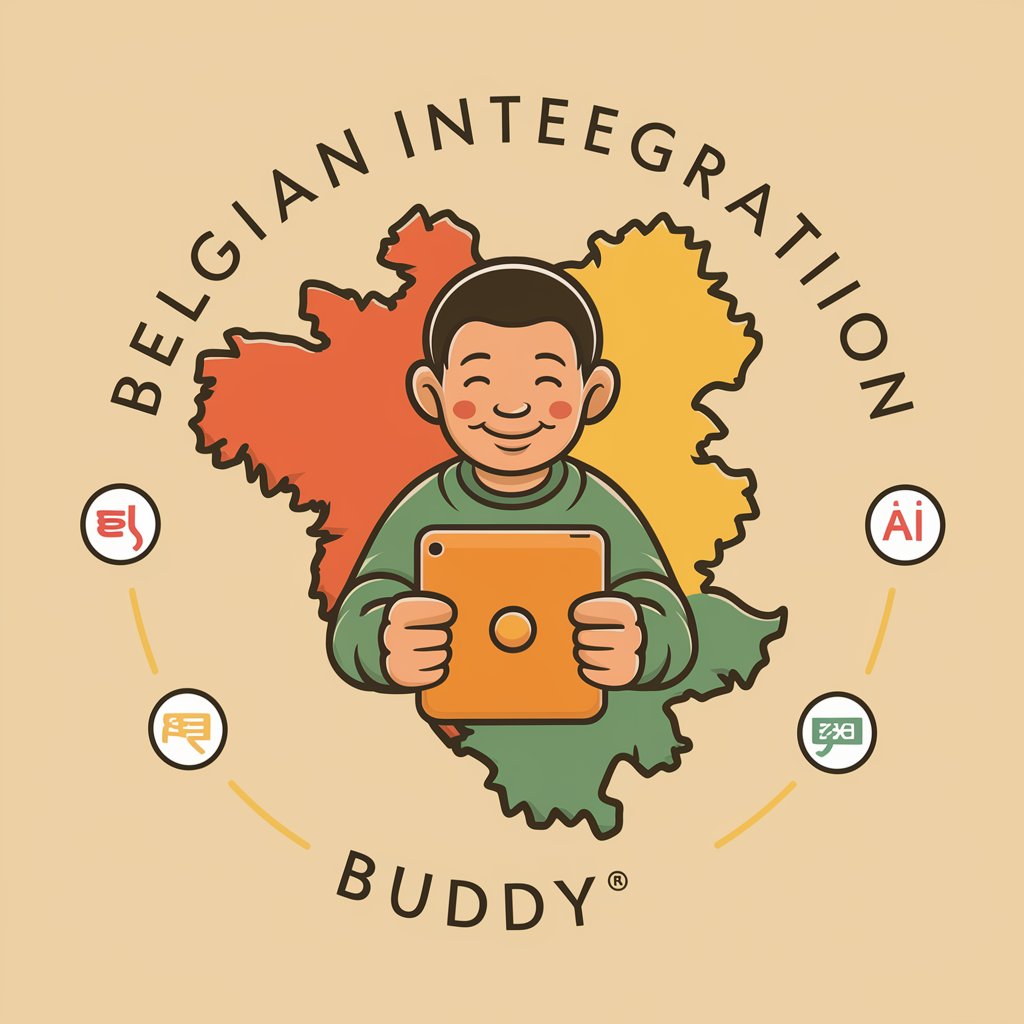
GPT GO Game
Master Go with AI-Powered Guidance
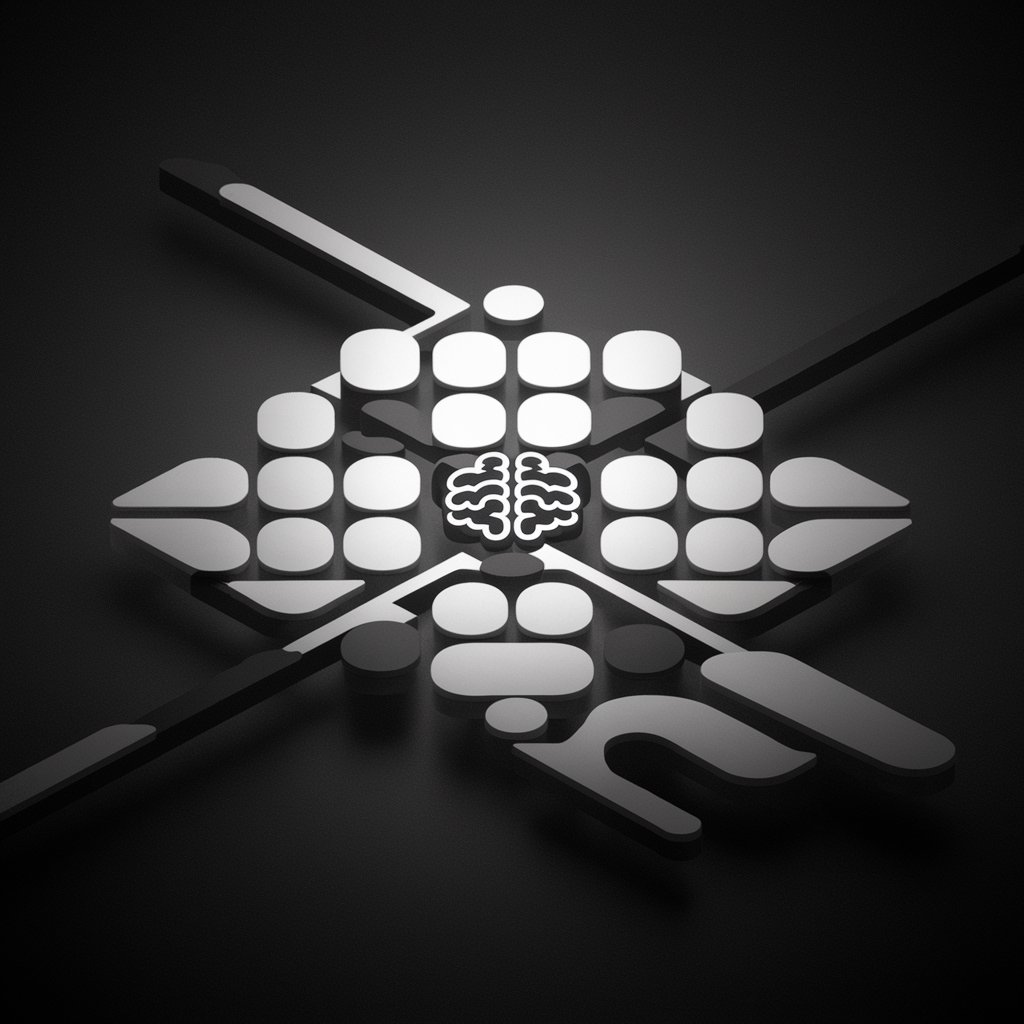
Blueberry
Unveiling the Wonders of Blueberries

Sea
Dive into oceanic wisdom with AI

Archaeology & Ancient Civilizations Explorer
Uncover the past with AI-powered archaeology exploration.

Women's Rights
Empowering through AI-powered insights on women's rights.

Fluorescent
Illuminate Efficiently with AI

Attention
Sharpen Your Focus with AI-Powered Insights
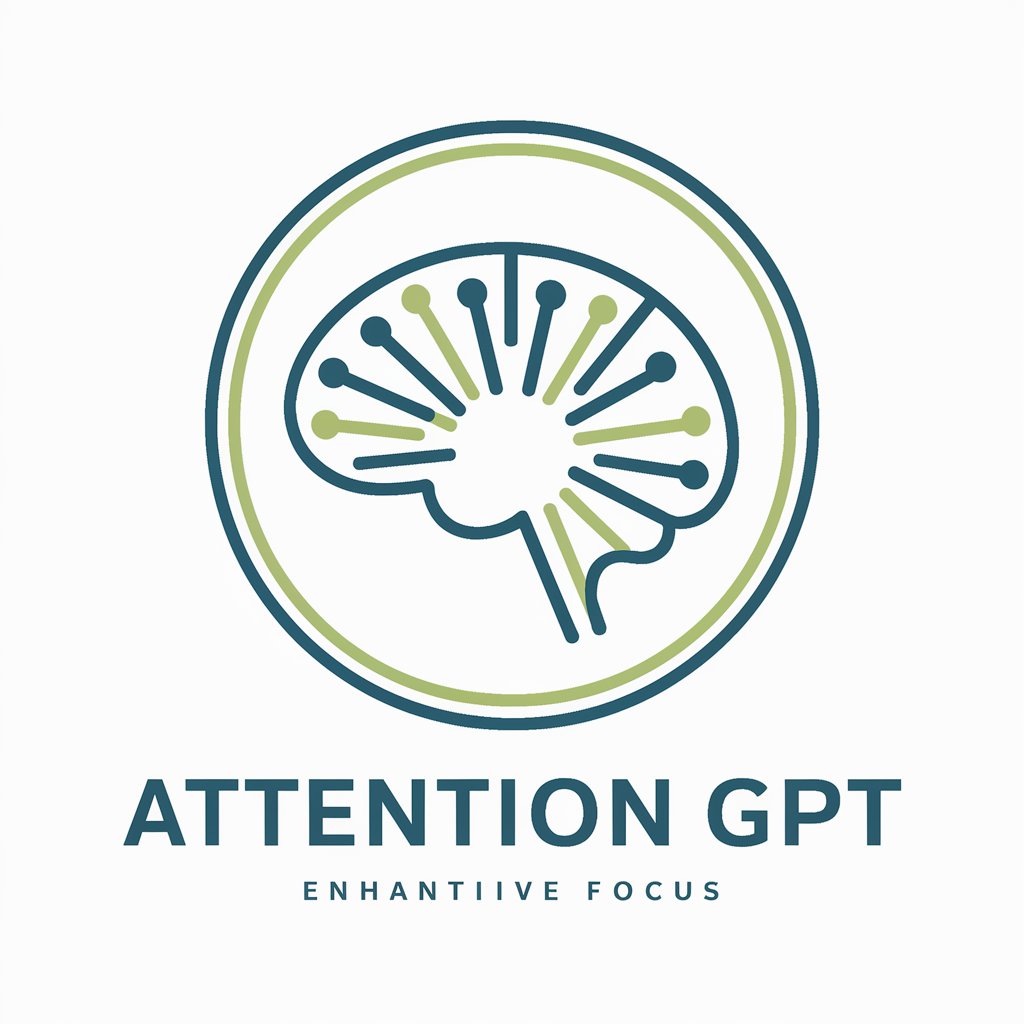
O
Unlock the World of 'O' with AI
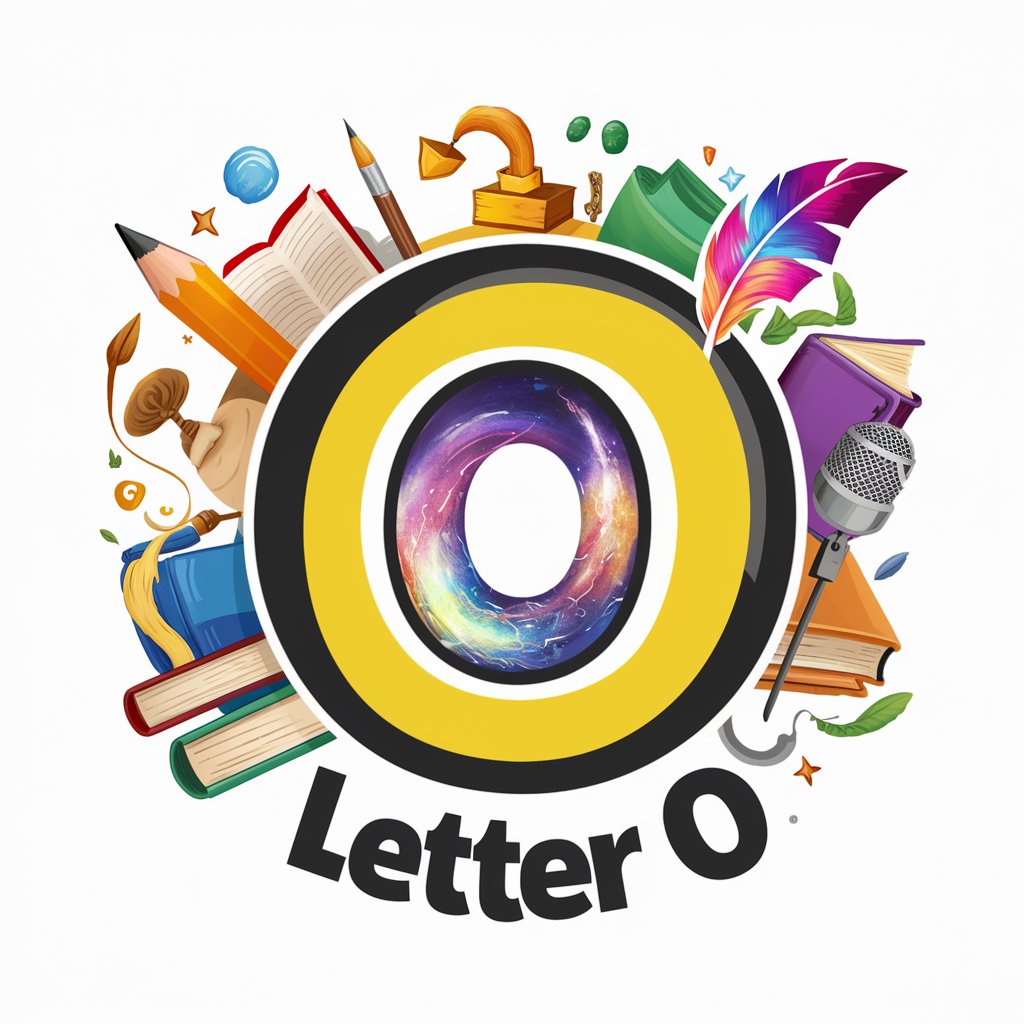
Feynman
Simplifying complexity with AI

Stardew Valley Guide
Your AI-Powered Farming Companion

In-Depth Q&A About German
How does German adapt to different regional dialects?
German has various dialects that can significantly differ in vocabulary, pronunciation, and syntax. I adapt to these regional nuances by recognizing and incorporating these variations in translations and cultural insights, ensuring a holistic understanding of the language.
Can German assist in learning for beginners?
Absolutely, German is designed to help beginners by providing basic vocabulary, grammar rules, and pronunciation guides, along with culturally relevant examples to make learning engaging and effective.
How can German be used in professional settings?
In professional settings, German can assist in translating business documents, preparing for meetings or presentations, and understanding business etiquette in German-speaking countries, making it an invaluable tool for international business professionals.
Does German offer insights into German literature?
Yes, German provides insights into German literature by offering translations, historical contexts, and analyses of literary works, making it easier for users to understand and appreciate German literary classics.
Can German help in understanding German idioms and expressions?
German is adept at explaining idioms and expressions, offering contextual meanings and usage examples to help users grasp these often challenging aspects of the language.
